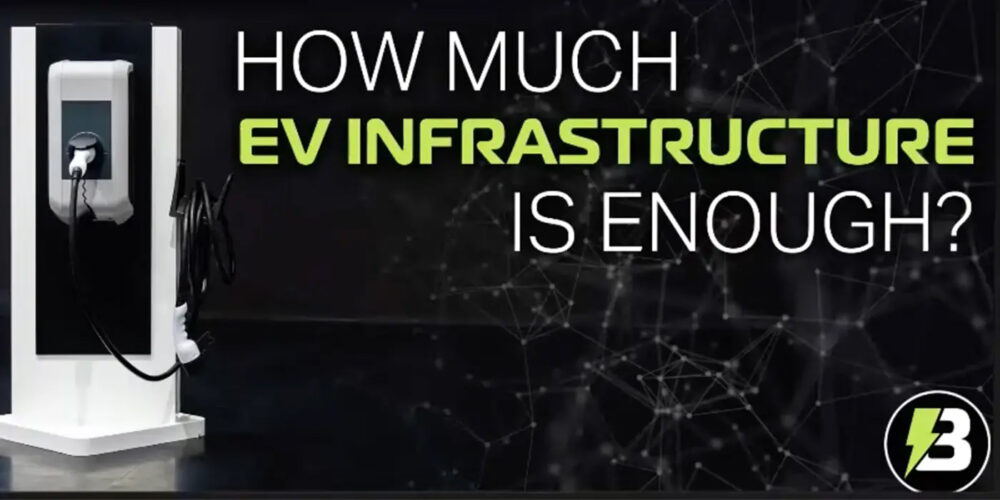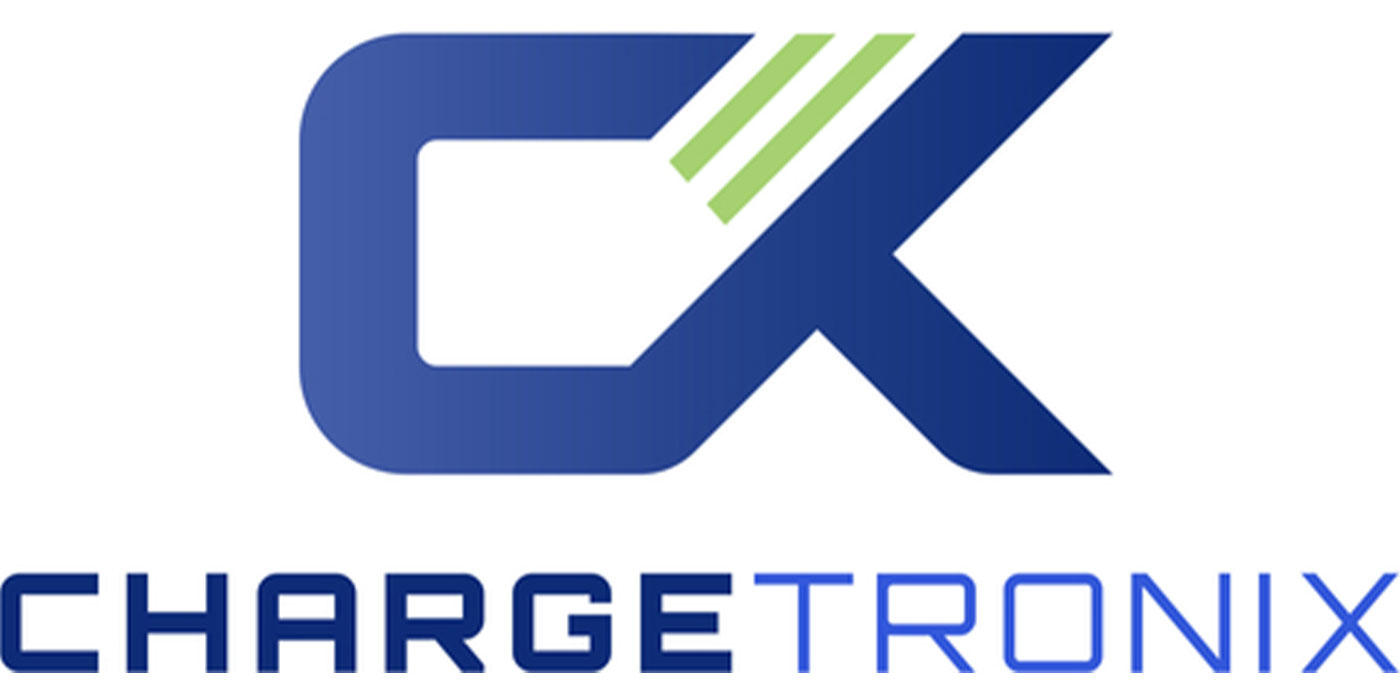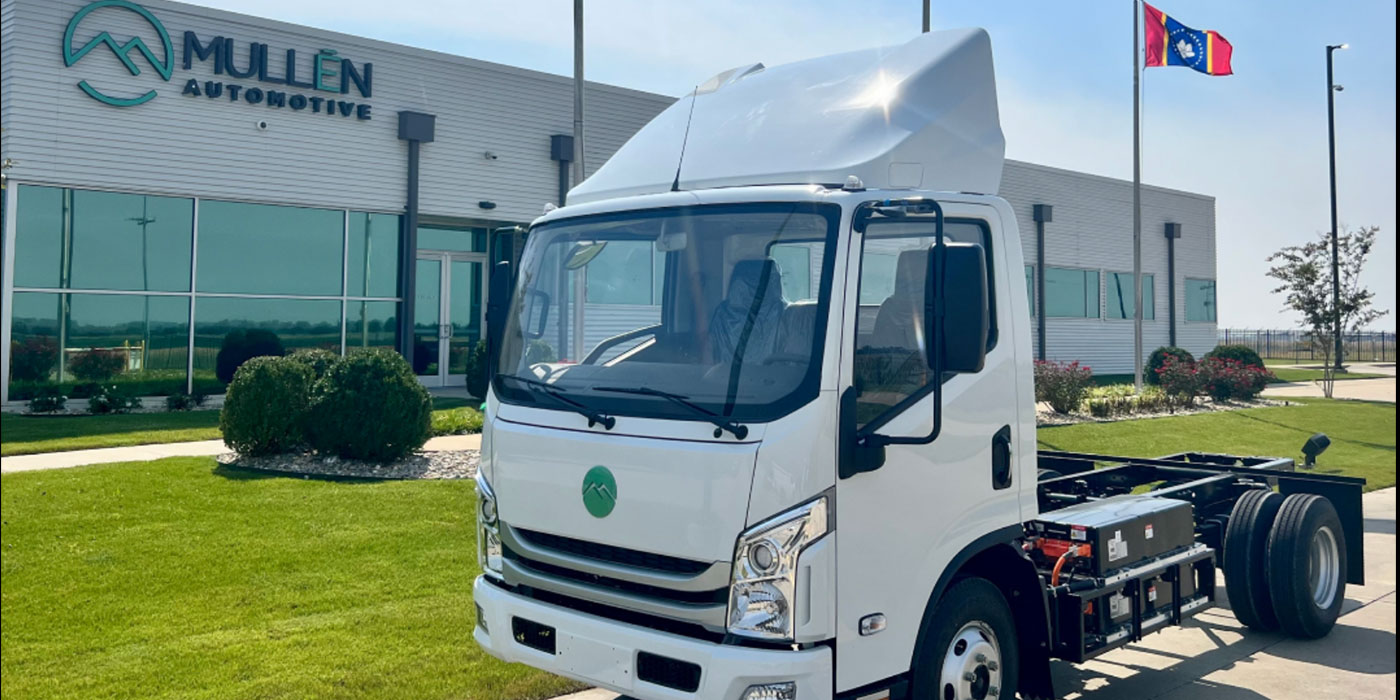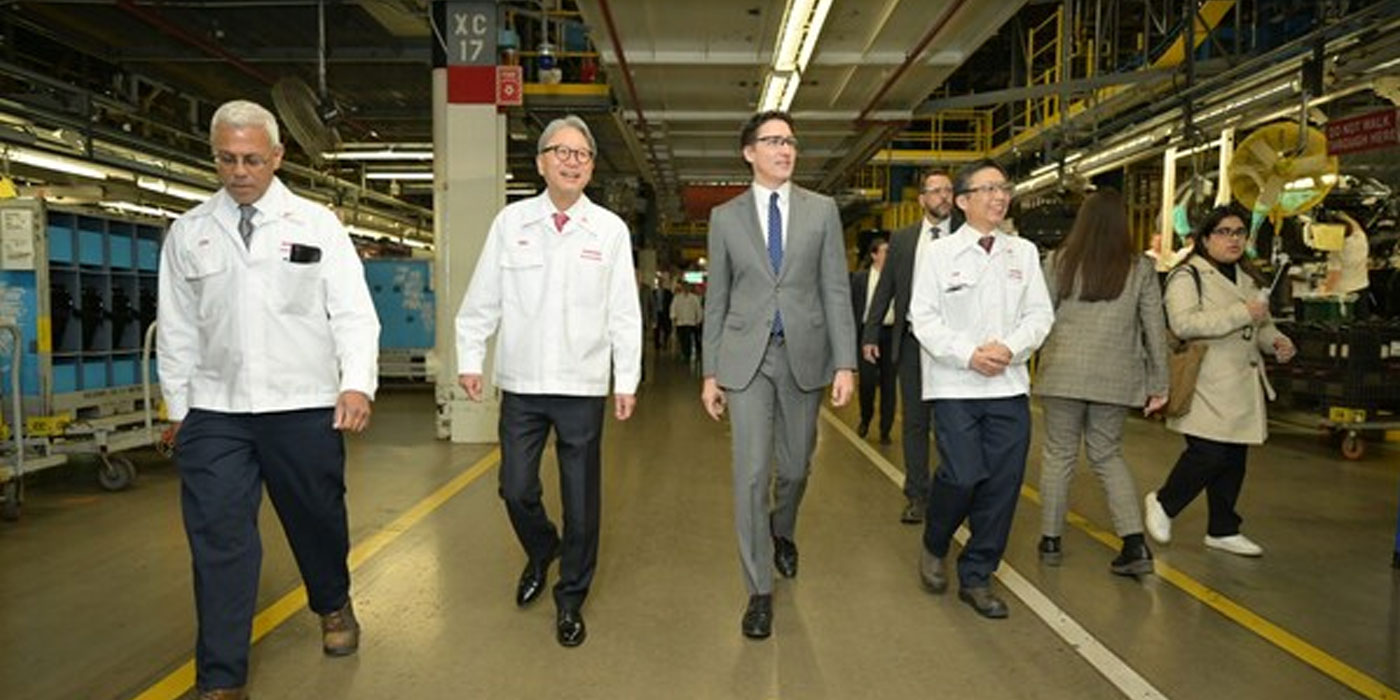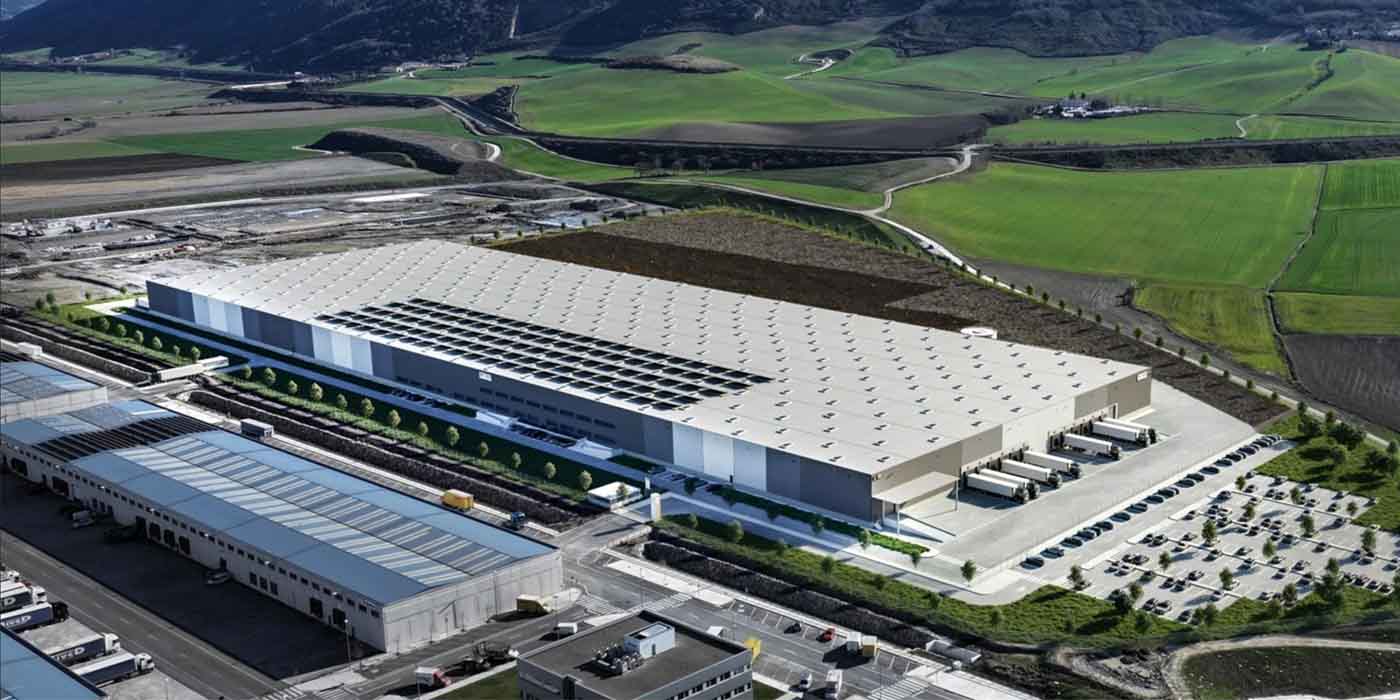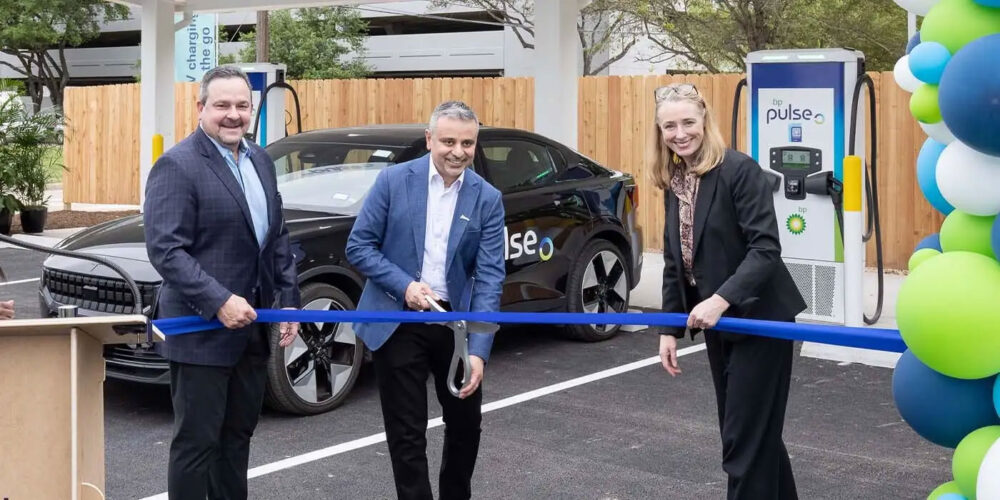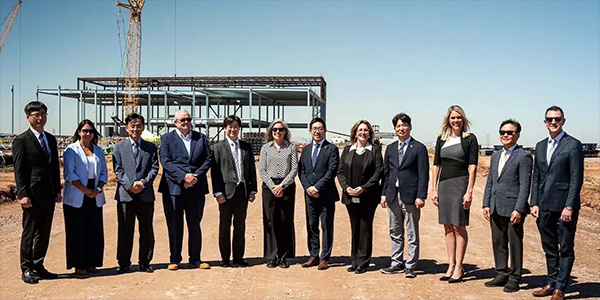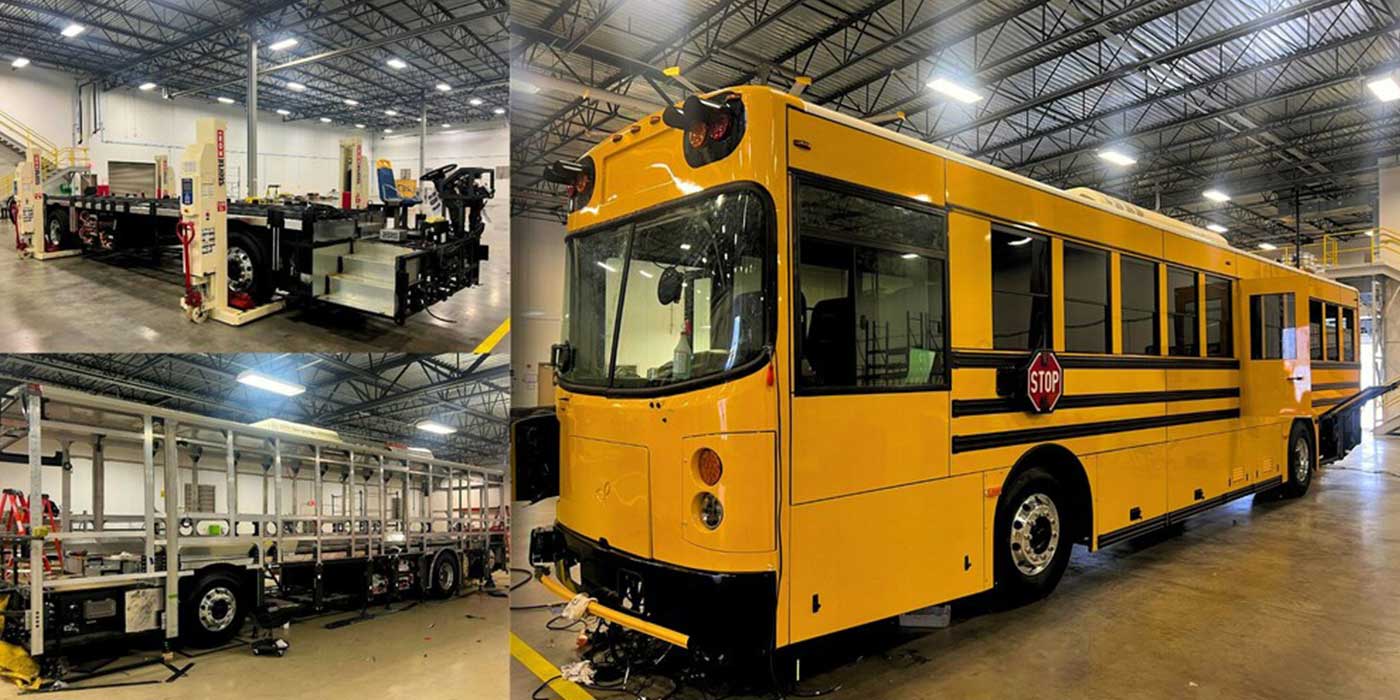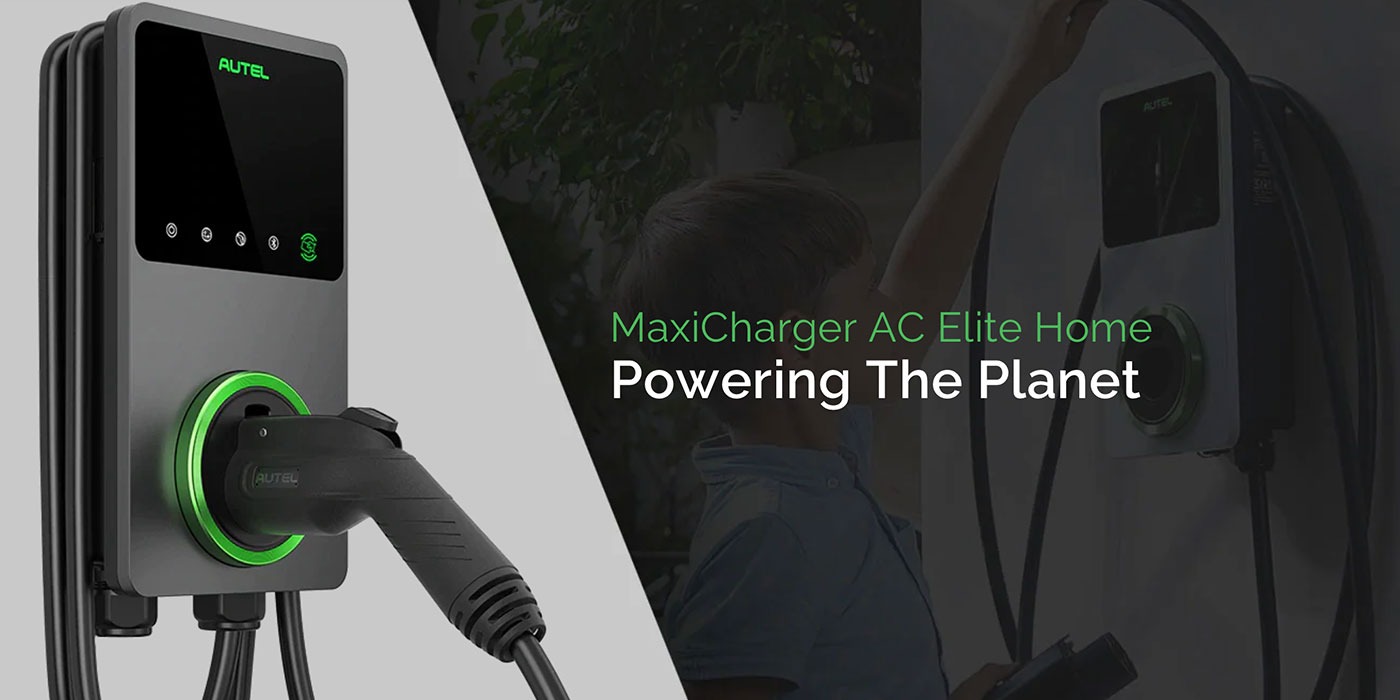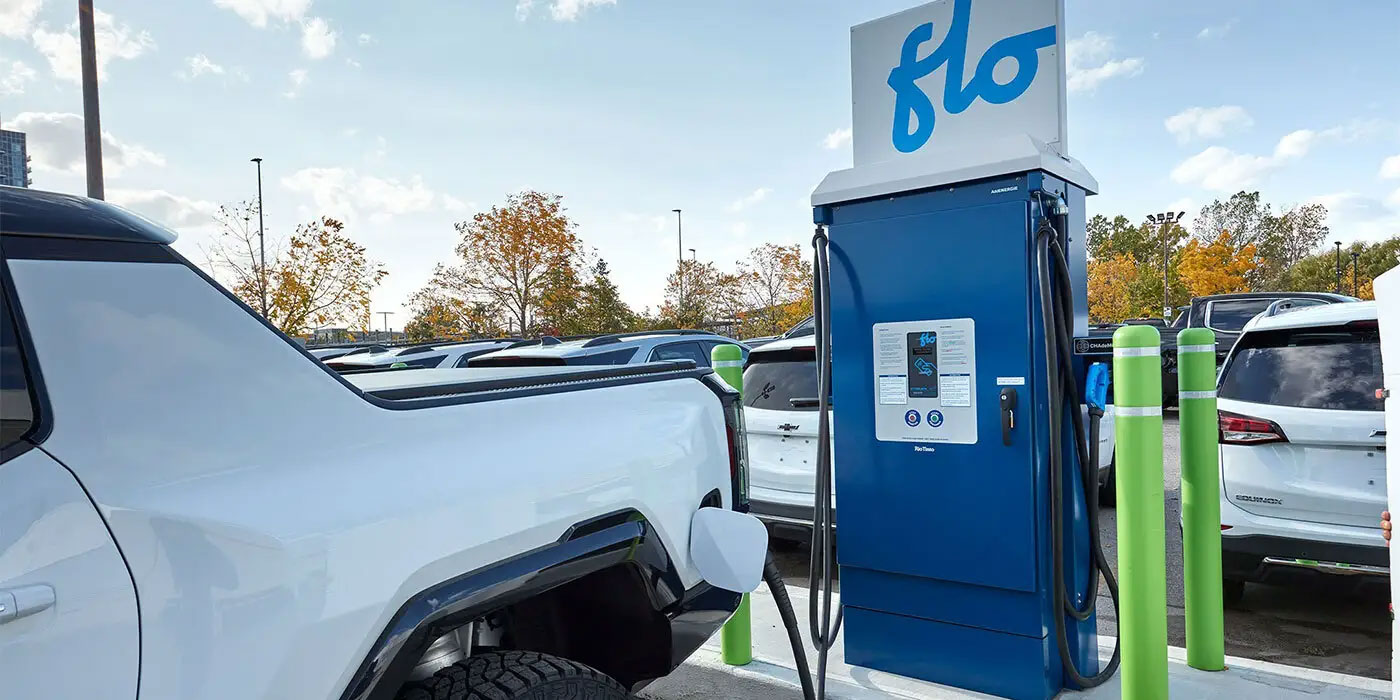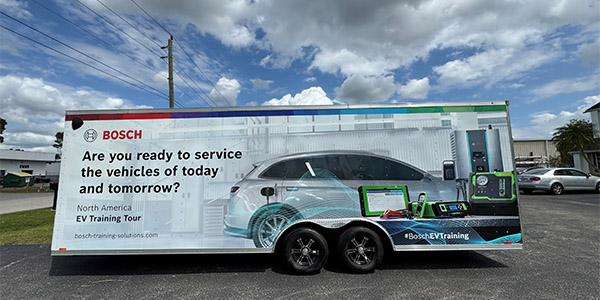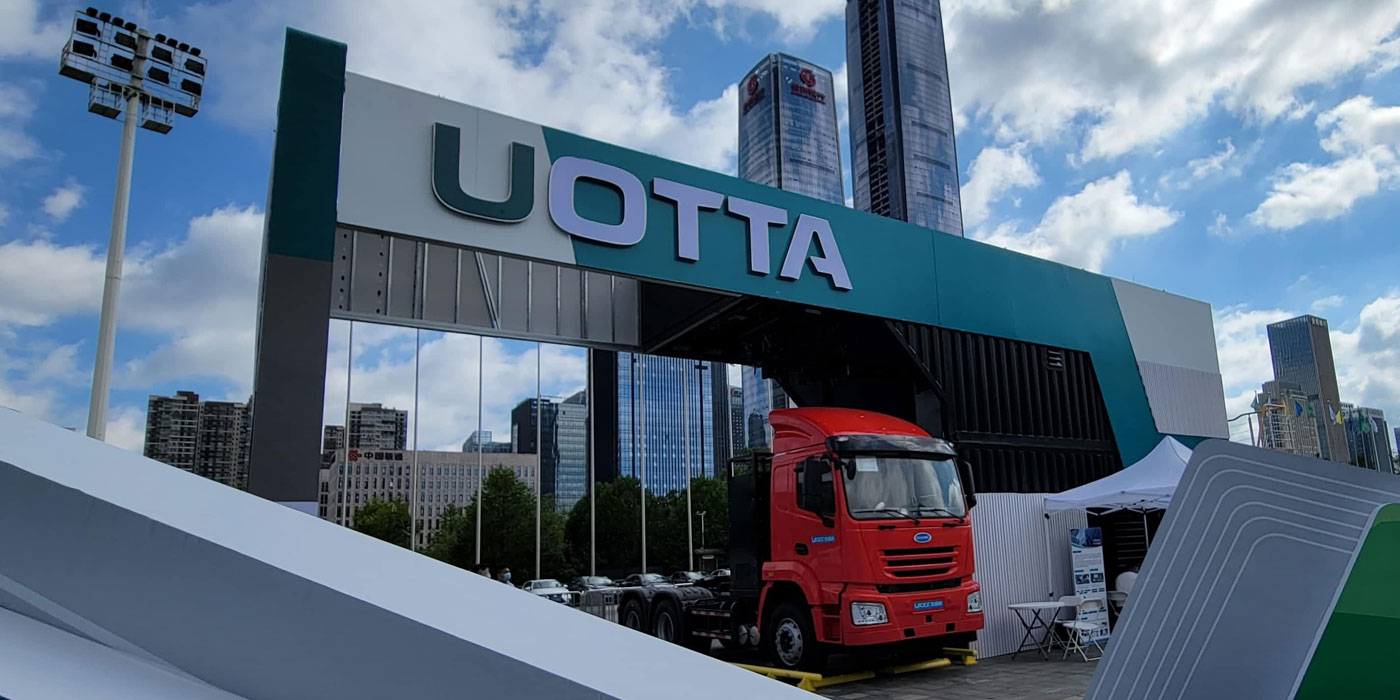Courtesy of The Buzz by David Sickels
Talk to anyone who doesn’t consider EVs to be the bee’s knees and charging will inevitably come up. We don’t have enough! Where’s it all going to go? Where’s the electricity going to come from?
Legitimately, these are actually good questions. Let’s break it down.
To answer this infrastructure conundrum, EV supporters can point to the over 140,000 EV charging stations currently deployed across the U.S. – hey, that’s a lot!
However… no it’s not. Today, with so few EVs on the road, maybe this will do, but according to a recent study by S&P Global Mobility, we’re really going to need to pick up the pace. Even when home-installed chargers are taken into account, to properly match forecasted EV sales demand, the U.S. will need to see the number of EV chargers quadruple between now and 2025, and grow more than eight-fold by 2030.
Now, a study by the National Renewable Energy Laboratory in the United States found that a ratio of one public charging station for every 10 to 20 EVs in a given area would be, in general, sufficient to meet the charging needs of most EV drivers.
With that in mind, new vehicle EV market share is likely to reach 40% by 2030, at which point the total number of EVs in operation could reach 28.3 million units.
To support that EV car parc, S&P says by 2027 there will be a need for about 1.2 million Level 2 chargers and 109,000 Level 3 chargers deployed nationally. Looking to 2030, with the assumption of 28.3 million EVs on U.S. roads, an estimated total of 2.13 million Level 2 and 172,000 Level 3 public chargers will be required – all in addition to the units that consumers put in their own garages.
A 2020 report by the Rocky Mountain Institute estimates that total number to be around 4 million chargers total by 2030 to support a fleet of 28 million electric vehicles.
So, we aren’t quite on the right pace to meet EV projections – but there is hope. Currently, 35 states have signed on for federal assistance under the Bipartisan Infrastructure Law, of which $7.5 billion is earmarked for EV charging infrastructure. Now, the Biden Administration has pledged that the government will fund the installation of half a million charging stations – but, of course, that’s small potatoes in the grand scheme.
One more beacon of hope is this: Technology, believe it or not, changes.
Battery swapping, wireless charging, and even the increased deployment of DC wallbox solutions at home are three solutions that will change the landscape. In China and Vietnam, battery swapping is starting to catch on, though it’s virtually nowhere in Europe and the U.S. Not to mention, there are numerous companies working on EV batteries with completely different chemical compositions. If any of these should catch on, who knows what it will mean for charging as we know it.

